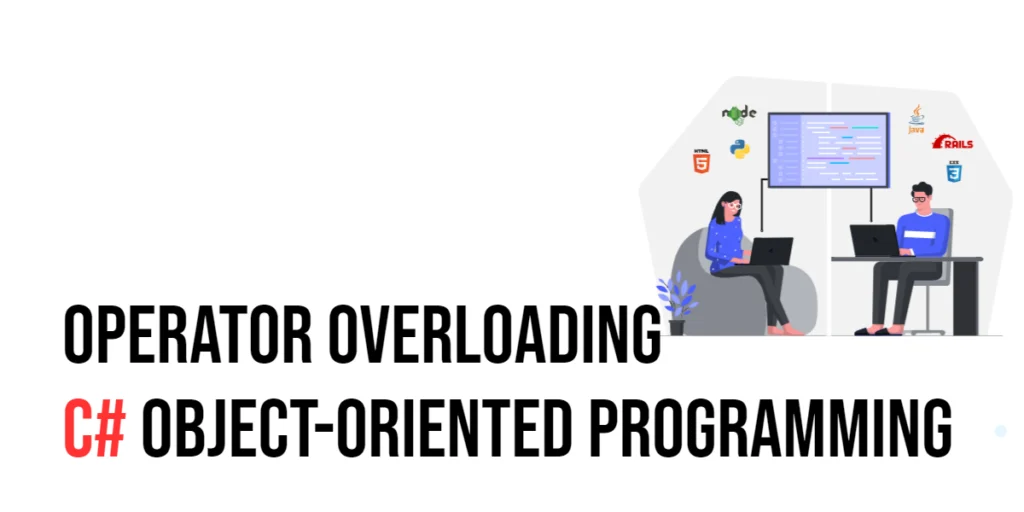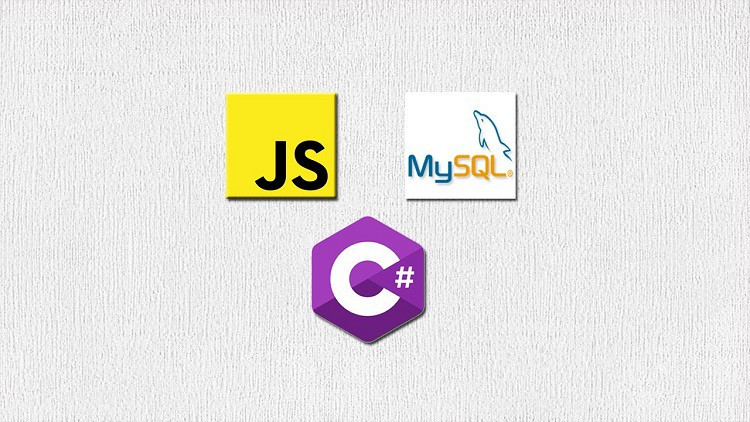In object-oriented programming, or OOP for short, C# offers a neat feature that lets programmers customize how operators—like +, -, *, and /—work with their own classes or structures. This feature is called operator overloading. It’s like teaching your software new tricks! For instance, imagine telling your code that when it sees two specific objects being added using the + operator, it should do something unique instead of the usual addition. This ability to redefine operators not only makes the code more expressive but also easier to read, because it uses symbols that we’re all familiar with in a way that directly relates to what the objects represent.

with hands-on learning.
get the skills and confidence to land your next move.
What is Operator Overloading?
Operator overloading is a bit like teaching old dogs new tricks in the world of programming. Essentially, it allows you to redefine what standard operations (like +, -, *, etc.) do when they’re used with objects you’ve designed. For example, imagine you have a Complex class that represents complex numbers, each with a real and an imaginary part. Normally, you can’t just add these complex numbers using the standard + operator. However, with operator overloading, you can enable two complex numbers to be added just as naturally as two integers. So, if c1 and c2 are two complex numbers, you could add them simply by writing c3 = c1 + c2.
This ability to redefine operators makes your custom objects work seamlessly like built-in types, simplifying code and boosting its maintainability.
How to Overload an Operator in C#
- Identify the Operator and Its Purpose: First, pick the operator you want to change. What will it do when you use it with objects of your class? For instance, if adding two data objects together makes sense in the context of your application, you might want to overload the + operator.
- Define the Operator Method: Next, you will write a new method in your class. This method tells C# how the operator should work with your objects. This method needs to be both public (so it can be used by other parts of your program) and static (because it’s going to work without needing to create an instance of the class).
Example: Overloading the + Operator for a Complex Number Class
Let’s say you have a Complex class that handles complex numbers. Complex numbers have both a real part and an imaginary part. Overloading the + operator can let you add them together neatly. Here’s how you might do it:
public class Complex {
public double Real { get; set; }
public double Imaginary { get; set; }
public Complex(double real, double imaginary) {
Real = real;
Imaginary = imaginary;
}
// Overload the + operator to add two Complex numbers
public static Complex operator +(Complex c1, Complex c2) {
return new Complex(c1.Real + c2.Real, c1.Imaginary + c2.Imaginary);
}
// A method to easily display a Complex number
public override string ToString() {
return $"({Real} + {Imaginary}i)";
}
}With the operator overloaded, adding complex numbers becomes as straightforward as adding integers:
public class Program {
public static void Main(string[] args) {
Complex c1 = new Complex(1, 2);
Complex c2 = new Complex(3, 4);
Complex c3 = c1 + c2; // This uses the overloaded + operator
Console.WriteLine("Sum: " + c3); // Outputs: Sum: (4 + 6i)
}
}Benefits of Operator Overloading
Operator overloading can significantly streamline how you handle mathematical computations and operations on objects in your C# projects, making your code both clearer and more direct. Let’s explore some specific benefits:
- Improved Readability: When operators are overloaded properly, your code mimics natural language, making it much easier for someone else to understand what’s happening. For example, you can sum two complex numbers with a simple + rather than a method call like AddComplexNumbers(c1, c2).
- Elegant Syntax: Overloading operators allows your code to resemble the mathematical notations it represents. This is especially beneficial when working with classes that model mathematical constructs, such as complex numbers, vectors, or matrices. This syntax not only looks cleaner but also makes the logic of mathematical operations in programming feel more intuitive.
- Consistency: By overloading operators, you can ensure that your custom objects behave similarly to built-in types. This consistency means that users of your class can apply their knowledge of basic operations (like +, -, *, /) directly to instances of your class without having to learn new methods for common tasks.
Considerations and Best Practices
Although operator overloading brings several advantages, it must be approached with care to avoid potential pitfalls:
- Logical Use: Avoid overloading operators just because you can. Overload an operator only when it enhances logical understanding and usage of the class. The way you choose to implement these should feel natural to those who will use your class, adhering closely to the operators’ traditional meanings.
- Performance Awareness: Be mindful of performance implications. Overloading operators can sometimes introduce unnecessary complexity into your classes, potentially slowing down your software. Make sure the implementation of overloaded operators is as efficient as possible.
- Clear Documentation: Operator overloading can obscure the actual operation being performed unless the code is well-documented. It’s vital to provide clear, concise documentation so that others can quickly understand the purpose and behavior of the overloaded operators, enhancing the maintainability of your code.
By embracing these practices, you can leverage operator overloading effectively to create robust, intuitive, and efficient C# applications.
Conclusion
Operator overloading in C# is a remarkable tool that can transform how you write and understand your code. By allowing you to redefine how operators like +, -, or * work with your custom classes or structs, it makes your code not just easier to read but also more intuitive. Imagine being able to add complex numbers or combine data structures with a simple plus sign!
To get the most out of operator overloading, it’s essential to use it thoughtfully. Stick to best practices by ensuring that the way you overload operators makes logical sense and aligns with their traditional meanings. This approach prevents confusion and maintains consistency with the language’s built-in types.
When done right, operator overloading can greatly enhance the functionality of your custom types. It allows them to interact seamlessly and intuitively, much like the fundamental types provided by C#. This means less time decoding what each part of your code does and more time building great features. Remember, the key to successful operator overloading is clarity and logic in your implementation.







